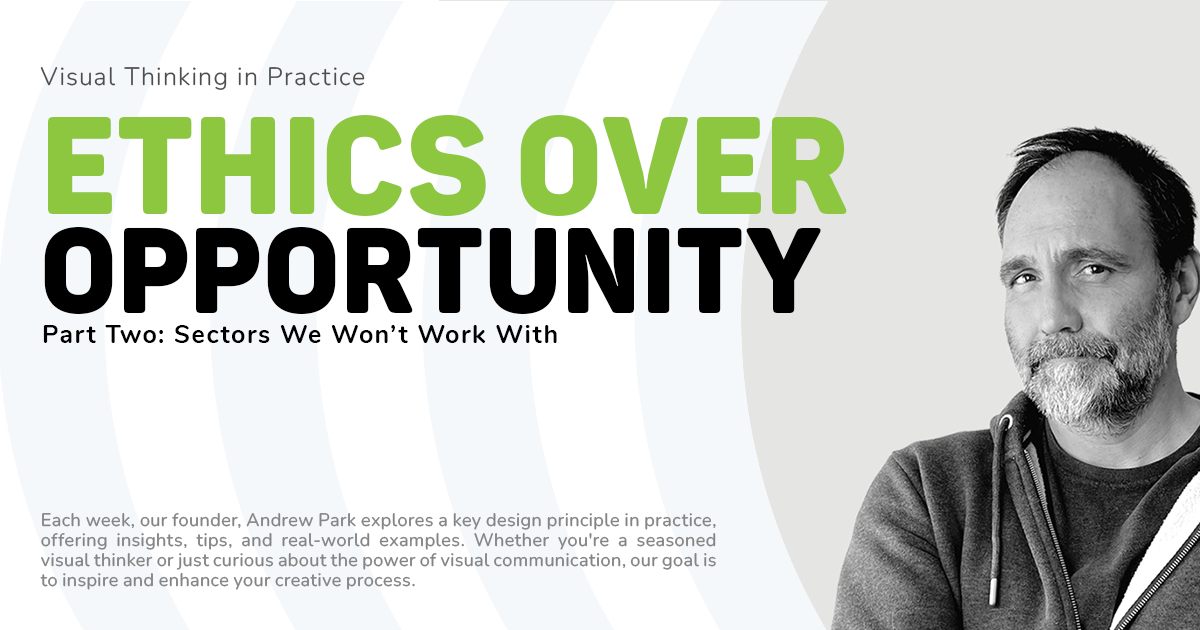PodDoodle: Drawing Ideas Before They Disappear
I like ideas. Especially fresh ones.
Before they’re workshopped to death.
Before they become a “north star” on a slide deck.
Before someone asks if they can “circle back on that.”
I like them in motion. I like watching them bump into each other. I like seeing the shape of a thought before it’s been tidied into bullet points.
5 Reasons Whiteboard Animation Is a Must Have for Sharing Your Brand Purpose
The Power of Pictures: How Early Storytelling Shapes Us
Shining a Light on Our Clients – Part 2
Whether it's making complex ideas feel simple or dry subjects feel engaging, our mission is to democratise knowledge. For over twenty years, we’ve been making this mission a reality, working on whiteboard explainer videos for clients across sectors ranging from education and health to international law and energy.
Shining a Light on Our Clients – Part 1
Ethics Over Opportunity, Part 2: Sectors We Won't Work With
As pioneers of whiteboard animation videos, we’re proud of its ability to make the complex simple and share information far and wide. We want to share its explainer and storytelling superpowers with as many people as possible, but to quote a modern-day classic, ‘with great power comes great responsibility.’ That sometimes means saying ‘no’.
Ethics Over Opportunity, Part 1: Public Figures We’ve Had To Turn Down
We see whiteboard animation as a way of democratising knowledge and sharing the ideas that help us all understand and build a better, fairer world. It is packed with educational and visual storytelling tools that allow us to connect with viewers as we make even the biggest ideas accessible and understandable.




















